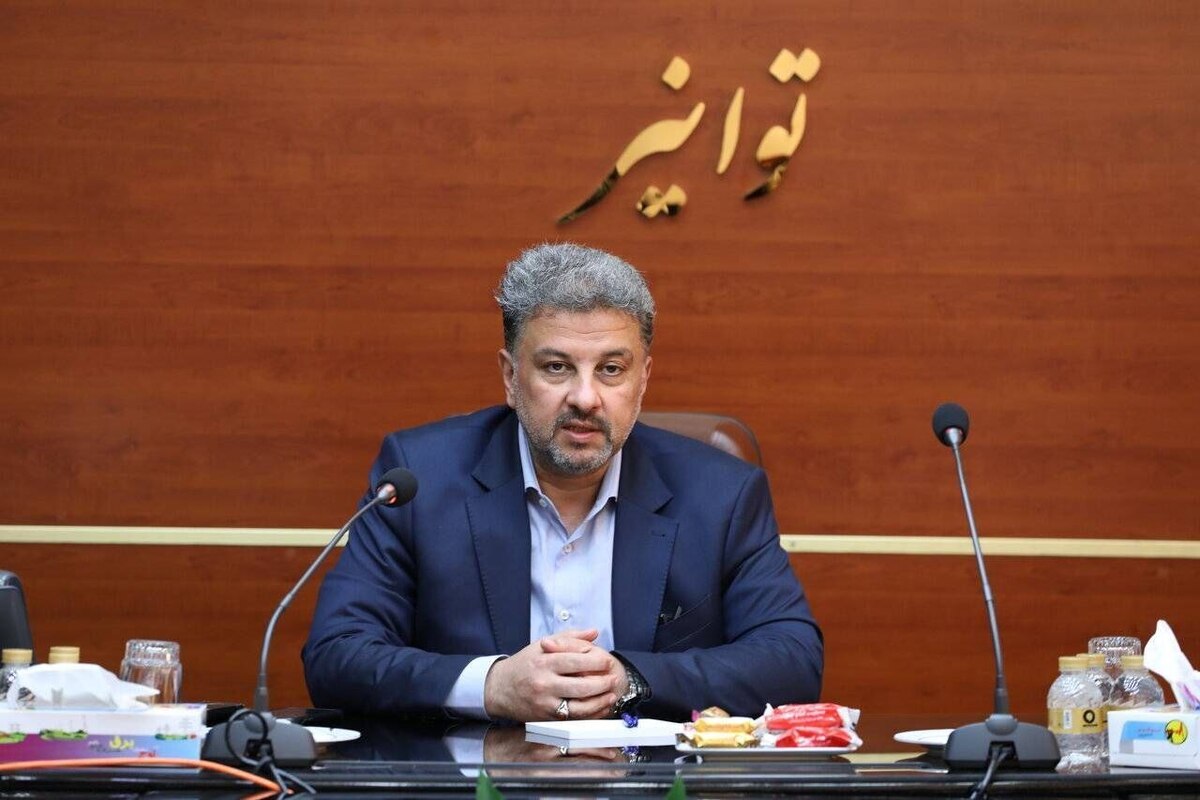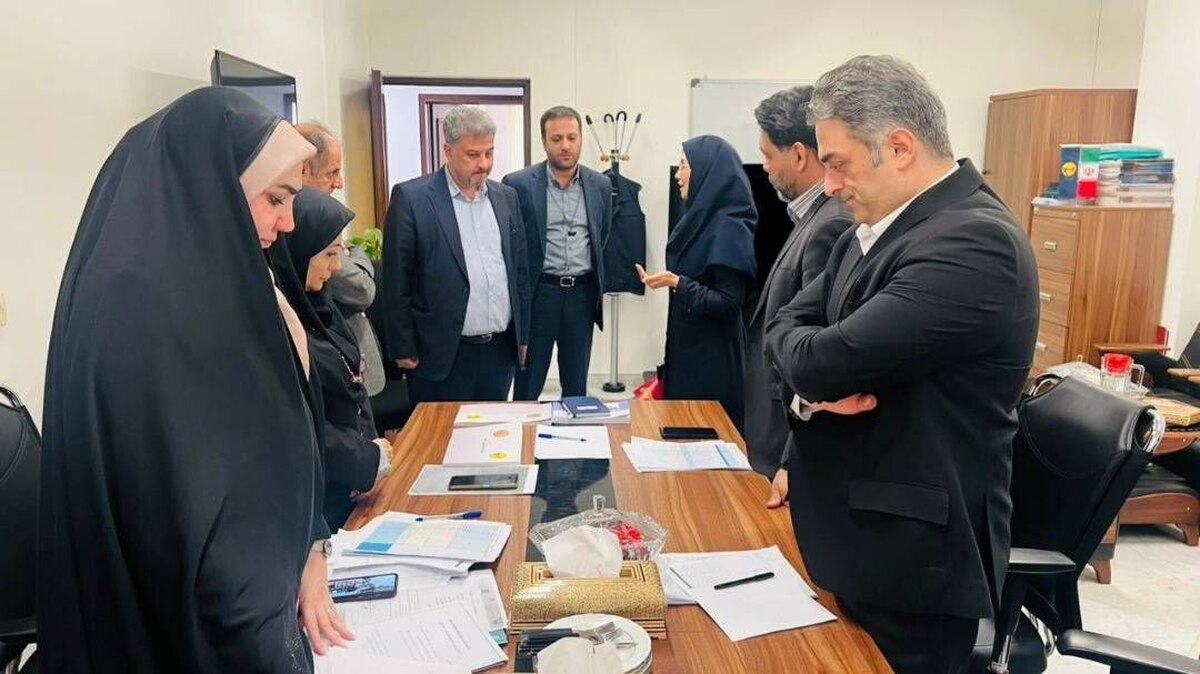Israel imposes permits for Palestinians to access their own West Bank villages
Israel imposes permits for Palestinians to access their own West Bank villages

Israeli forces have introduced new restrictions requiring Palestinian residents of three occupied West Bank communities to obtain permits to enter their own areas.
The permits, which label the holder as authorised to enter “Israel”, suggest the three communities - located northwest of occupied East Jerusalem - are being treated as part of Israeli territory.
Residents fear the move signals a step towards the de facto annexation of the areas amid ongoing Israeli efforts to assert control over parts of the West Bank.
The affected communities - the villages of Beit Iksa and Nabi Samuil, along with the Khalayleh neighbourhood - have long been subjected to severe Israeli restrictions.
They are surrounded by the Israeli separation wall on one side and military checkpoints on the other.
Under the new system, permits are limited to specific locations and purposes, placing significant constraints on residents' freedom of movement.
Nawal Barakat, a resident of Nabi Samuil, told Middle East Eye that Israel’s Coordination of Government Activities in the Territories had contacted local families, instructing them to visit the Coordination and Liaison Office in al-Ram, north of Jerusalem, to collect the new permits.
She noted that residents had not applied for the permits, which were issued without their consent.
'Will we carry the permits and be confined to our village, isolated from the rest of the world?'
- Nawal Barakat, Nabi Samuil resident
The cards were orange in colour, indicating they were designated for a specific purpose and not valid for unrestricted entry into Israel.
“We still don't know how far this permit will go,” she said.
“Will we be treated as Israelis, even though we hold Palestinian ID cards? Or will we carry the permits and be confined to our village, isolated from the rest of the world?”
Nabi Samuil has a population of around 350 people, following years of Israeli policies that have steadily displaced residents and forced many to relocate abroad.
The village spans around 3,500 dunams (350 hectares) of land, but only 1,050 remain accessible to residents after Israeli authorities seized the majority under the pretext of archaeological preservation.
“There are no basic services in the village: no schools, no clinics, no institutions - not even a grocery shop,” Barakat said. “We’re forced to travel to neighbouring towns just to buy something as simple as bread.”
Palestinians are also barred from constructing new buildings in the village.
Young couples are unable to build or renovate homes due to Israeli restrictions imposed under the designation of the area as a nature reserve, pushing them to live outside the village.
‘Isolated from everything’
Murad Zayed, Mayor of Beit Iksa, told MEE that residents of the affected communities were notified earlier this month of Israel’s intention to annex the areas and that the distribution of new ID cards had begun.
However, residents of Beit Iksa have yet to receive these cards.
Zayed explained that even before the latest measures, life in Beit Iksa was tightly controlled.
Since 2006, the town has been sealed off by an Israeli military barrier and residents have been subject to prior coordination for nearly every aspect of daily life, including entering and leaving the town.
'We hold West Bank ID cards, but now we are being issued permits. Will we be allowed to enter Jerusalem? We simply don’t know'
- Murad Zayed, Beit Iksa mayor
These restrictions were further tightened following the start of Israel's genocide in Gaza in October 2023.
Entry and exit coordination was sharply reduced, and for 10 consecutive months, it was completely suspended - effectively cutting the town off from the outside world.
“If the annexation decision is implemented, we will be isolated from everything,” Zayed said.
“We hold West Bank ID cards, but now we are being issued permits. Will we be allowed to enter Jerusalem? We simply don’t know.”
Beit Iksa is home to around 2,000 Palestinians and spans approximately 9,000 dunams of land, most of which has been confiscated for Israeli settlements and the construction of the separation wall.
The nearby Khalayleh neighbourhood, with a population of around 650, covers some 4,000 dunams. It is surrounded by four Israeli settlements, which have consumed large portions of its land.
The distribution of the new ID cards to residents of Beit Iksa, Khalayleh and Nabi Samuil comes amid a growing Israeli government push to annex the occupied West Bank.
Earlier this month, Israel’s finance minister and de facto "governor" of the West Bank, Bezalel Smotrich, unveiled a plan to annex the vast majority of the occupied Palestinian territory.
Speaking at a press conference, Smotrich proposed absorbing 82 percent of the West Bank into Israel, a move that would effectively eliminate the prospect of a future Palestinian state.
He said the plan was prepared by the Settlement Administration within the Ministry of Defense.
Under the proposal, only six isolated enclaves - where major Palestinian cities such as Jenin, Tulkarm, Nablus, Ramallah, Jericho and Hebron are located - would remain outside of Israeli control. All other areas, including dozens of towns and villages, would be formally annexed.
Smotrich described the principle behind the plan as taking control of “maximum land with minimum [Palestinian] population”.
In July, Israel’s parliament passed a non-binding resolution calling for the annexation of the territory.
While the proposal carries no legal weight and does not alter the official status of the West Bank, it is widely seen as a symbolic step designed to build momentum towards future unilateral action.
Annexation of occupied territory is illegal under international law.
Since the 1967 Middle East war, Israel has annexed occupied East Jerusalem and the Syrian Golan Heights in moves never recognised by the international community.












